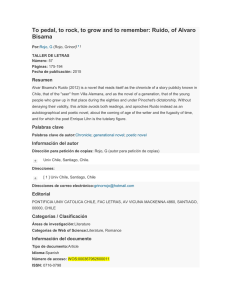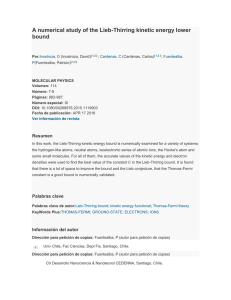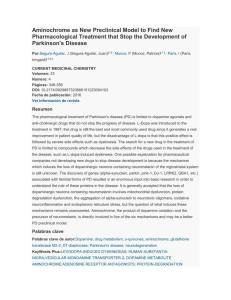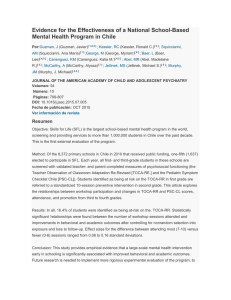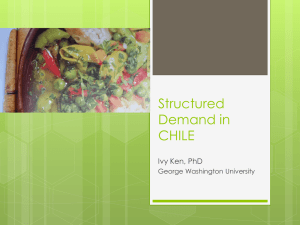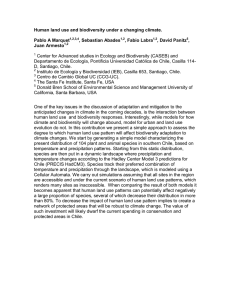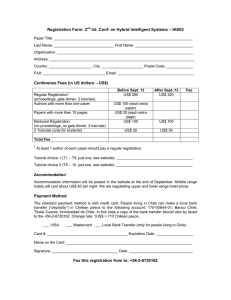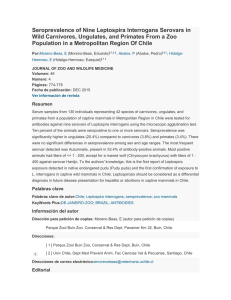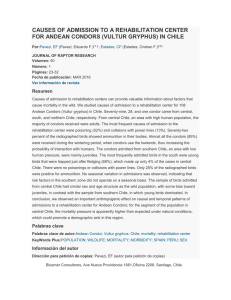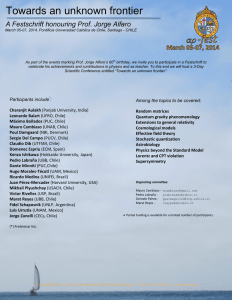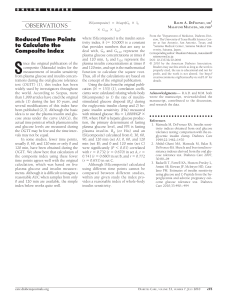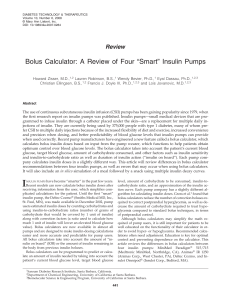Endometria from Obese PCOS Women with Hyperinsulinemia
Anuncio
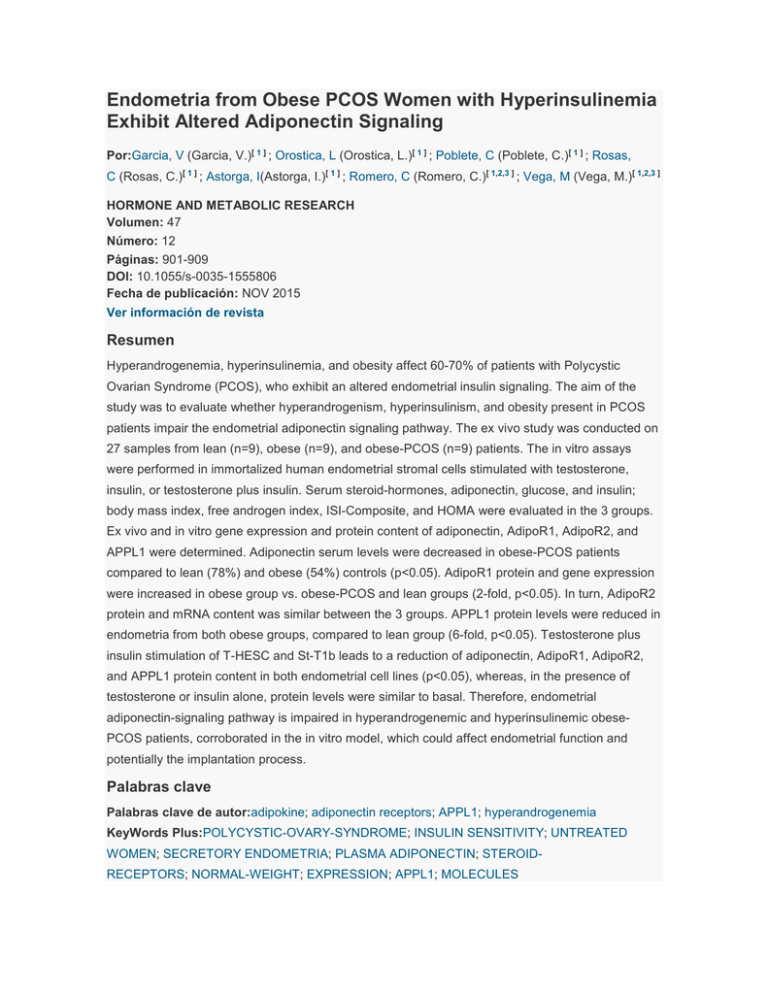
Endometria from Obese PCOS Women with Hyperinsulinemia Exhibit Altered Adiponectin Signaling Por:Garcia, V (Garcia, V.)[ 1 ] ; Orostica, L (Orostica, L.)[ 1 ] ; Poblete, C (Poblete, C.)[ 1 ] ; Rosas, C (Rosas, C.)[ 1 ] ; Astorga, I(Astorga, I.)[ 1 ] ; Romero, C (Romero, C.)[ 1,2,3 ] ; Vega, M (Vega, M.)[ 1,2,3 ] HORMONE AND METABOLIC RESEARCH Volumen: 47 Número: 12 Páginas: 901-909 DOI: 10.1055/s-0035-1555806 Fecha de publicación: NOV 2015 Ver información de revista Resumen Hyperandrogenemia, hyperinsulinemia, and obesity affect 60-70% of patients with Polycystic Ovarian Syndrome (PCOS), who exhibit an altered endometrial insulin signaling. The aim of the study was to evaluate whether hyperandrogenism, hyperinsulinism, and obesity present in PCOS patients impair the endometrial adiponectin signaling pathway. The ex vivo study was conducted on 27 samples from lean (n=9), obese (n=9), and obese-PCOS (n=9) patients. The in vitro assays were performed in immortalized human endometrial stromal cells stimulated with testosterone, insulin, or testosterone plus insulin. Serum steroid-hormones, adiponectin, glucose, and insulin; body mass index, free androgen index, ISI-Composite, and HOMA were evaluated in the 3 groups. Ex vivo and in vitro gene expression and protein content of adiponectin, AdipoR1, AdipoR2, and APPL1 were determined. Adiponectin serum levels were decreased in obese-PCOS patients compared to lean (78%) and obese (54%) controls (p<0.05). AdipoR1 protein and gene expression were increased in obese group vs. obese-PCOS and lean groups (2-fold, p<0.05). In turn, AdipoR2 protein and mRNA content was similar between the 3 groups. APPL1 protein levels were reduced in endometria from both obese groups, compared to lean group (6-fold, p<0.05). Testosterone plus insulin stimulation of T-HESC and St-T1b leads to a reduction of adiponectin, AdipoR1, AdipoR2, and APPL1 protein content in both endometrial cell lines (p<0.05), whereas, in the presence of testosterone or insulin alone, protein levels were similar to basal. Therefore, endometrial adiponectin-signaling pathway is impaired in hyperandrogenemic and hyperinsulinemic obesePCOS patients, corroborated in the in vitro model, which could affect endometrial function and potentially the implantation process. Palabras clave Palabras clave de autor:adipokine; adiponectin receptors; APPL1; hyperandrogenemia KeyWords Plus:POLYCYSTIC-OVARY-SYNDROME; INSULIN SENSITIVITY; UNTREATED WOMEN; SECRETORY ENDOMETRIA; PLASMA ADIPONECTIN; STEROIDRECEPTORS; NORMAL-WEIGHT; EXPRESSION; APPL1; MOLECULES Información del autor Dirección para petición de copias: Vega, M (autor para petición de copias) Univ Chile, Clin Hosp, Lab Endocrinol & Reprod Biol, Ave Santos Dumont 999, Santiago 8380456, Chile. Direcciones: [ 1 ] Univ Chile, Clin Hosp, Lab Endocrinol & Reprod Biol, Santiago 8380456, Chile [ 2 ] Univ Chile, Clin Hosp, Dept Obstet & Gynecol, Santiago 8380456, Chile [ 3 ] Univ Chile, Sch Med, Santiago 8380456, Chile Direcciones de correo electrónico:mvega@hcuch.cl Financiación Entidad financiadora Número de concesión Fondo Nacional de Desarrollo Cientifico y Tecnologico, Chile 1130053 Comision Nacional de Investigacion Cientifica y Tecnologica, Chile 24121256 21120541 Ver texto de financiación Editorial GEORG THIEME VERLAG KG, RUDIGERSTR 14, D-70469 STUTTGART, GERMANY Categorías / Clasificación Áreas de investigación:Endocrinology & Metabolism Categorías de Web of Science:Endocrinology & Metabolism Información del documento Tipo de documento:Article Idioma:English Número de acceso: WOS:000364222700006 ID de PubMed: 26197851 ISSN: 0018-5043 eISSN: 1439-4286 Información de la revista • Impact Factor: Journal Citation Reports®
